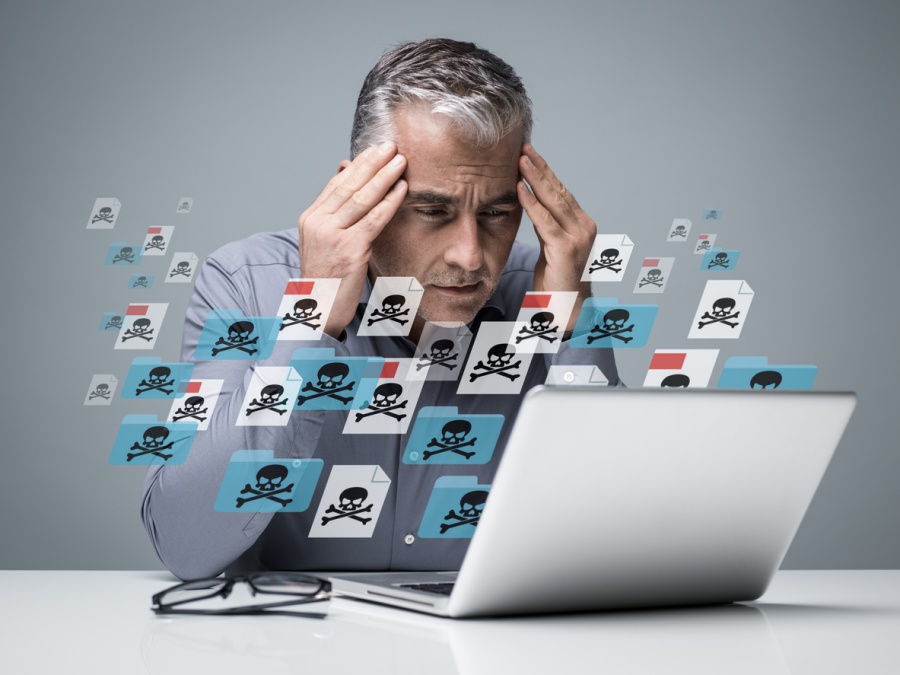How to get a Finnish IP address
The easiest way to improve your digital privacy is to switch your IP address using a VPN. We’ll …

Pakistan’s banking sector is in crisis after being hit by a giant cyber attack. All international transfers are currently blocked and customers are in limbo knowing that their account details could be posted for sale on the dark web.
The banking sector is, clearly, extremely lucrative for hackers. And yet as an industry, it’s typically not the most targeted. Why? Because security is such a heavy focus for financial institutions and so cybercriminals seek less secure industries, like healthcare, to focus their attention.
This attack in Pakistan, described as the “largest in the country’s history,” could allude to numerous issues. The standout, of course, is that its infrastructure as a whole is not secure enough.
There are still many details left to be told, and reports are currently conflicting—was it an inside job? Was it a computer virus? How many banks were actually affected? How much money did customers lose?—but as Javed Bhatti, former audit chief for Allied Bank and The Bank of Khyber, rightly says: “The general public is slowly losing faith in the banking sector with data breaches like these.”
As a customer who is now coming to terms with the fact that over the past few weeks their debit cards may have been for sale on the dark web for between $100 and $160, it begs the question as to what you should do next.
The challenge, of course, is that you’re always at the mercy of the bank; you have to rely on the security measures they have in place to intercept and prevent hackings, both externally by cybercriminals and even internally by disgruntled employees.
Doing your research in selecting a bank where top security practices are well documented is step one—along with a bank that is adequately insured should something go wrong—but you should also still seek to improve your personal online security by taking basic measures.
As noted, even if you followed these tips, you likely wouldn’t have avoided this recent case of cyber attacks on Pakistan’s banking sector. What you are doing, however, is being smart and making sure you’re doing everything in your power to keep you and your family safe.

